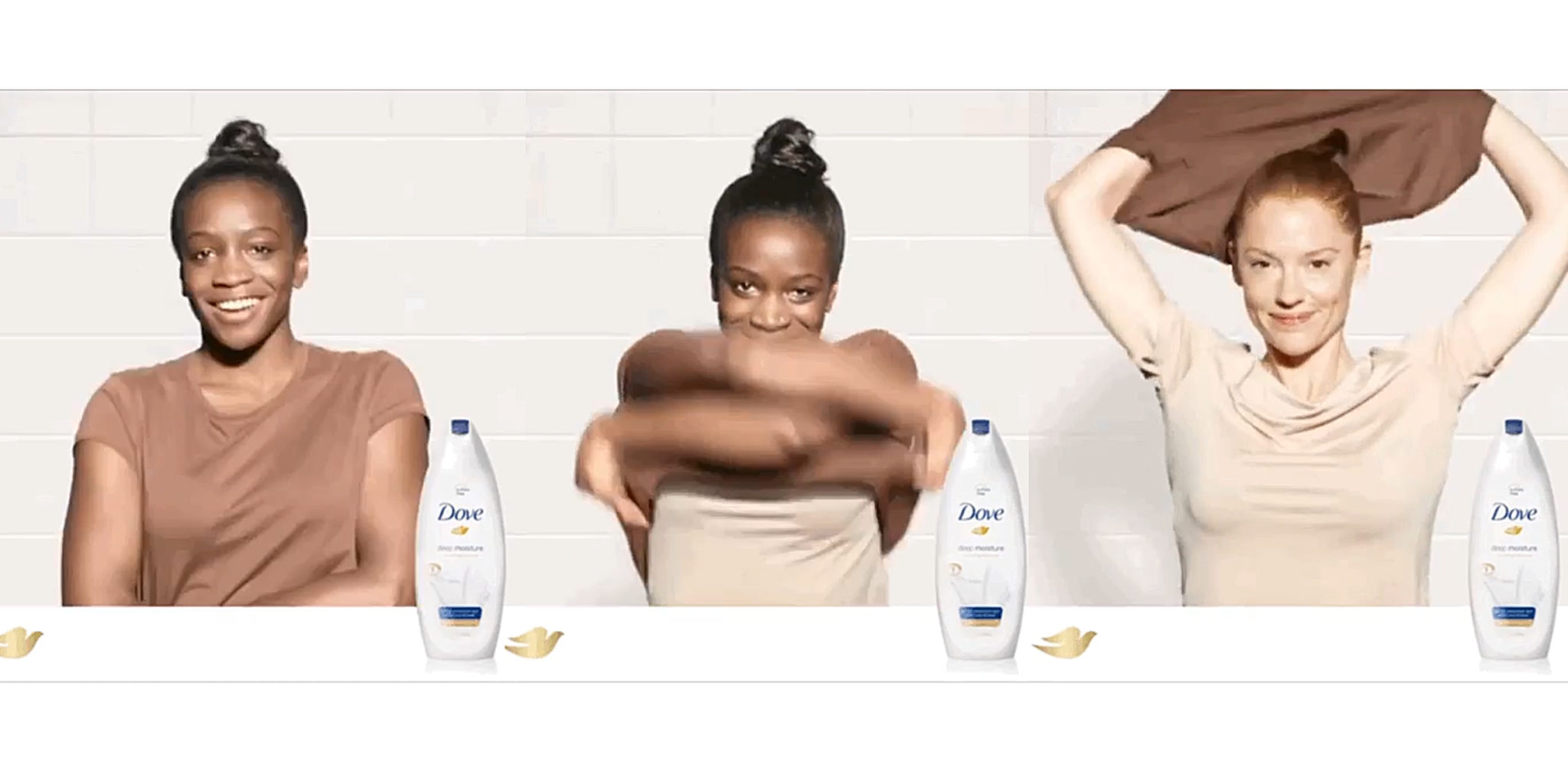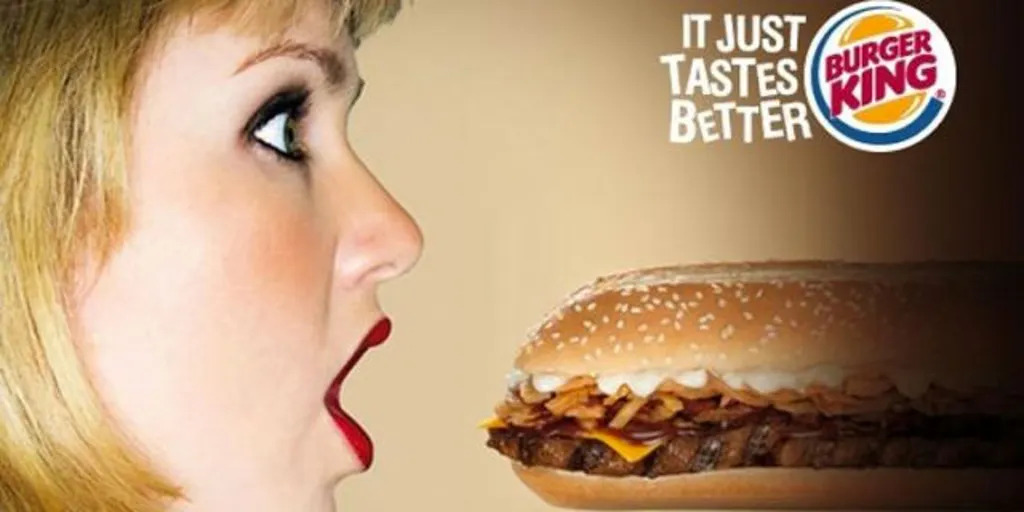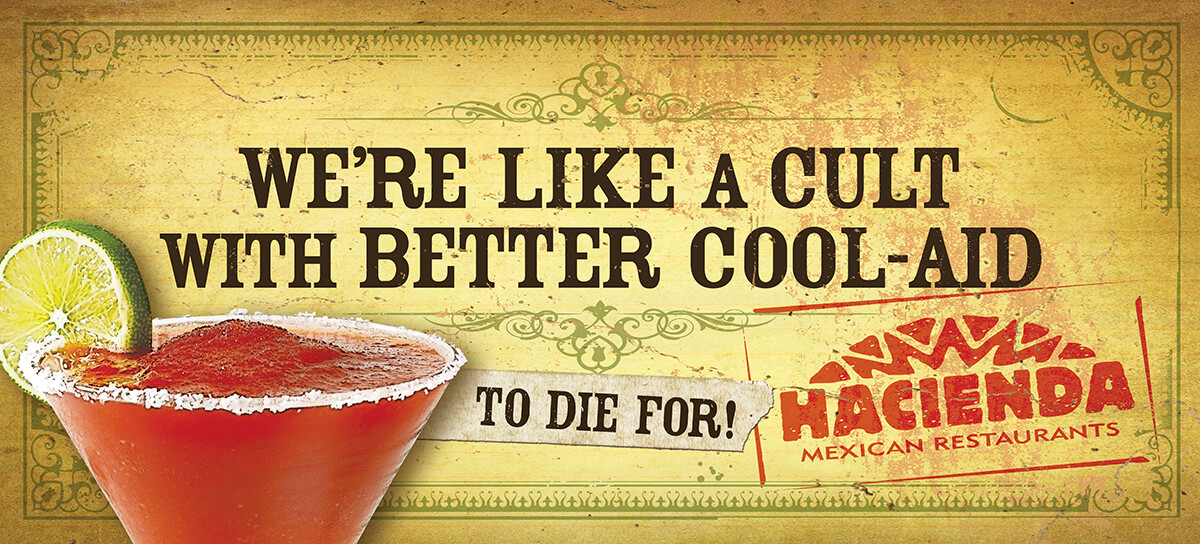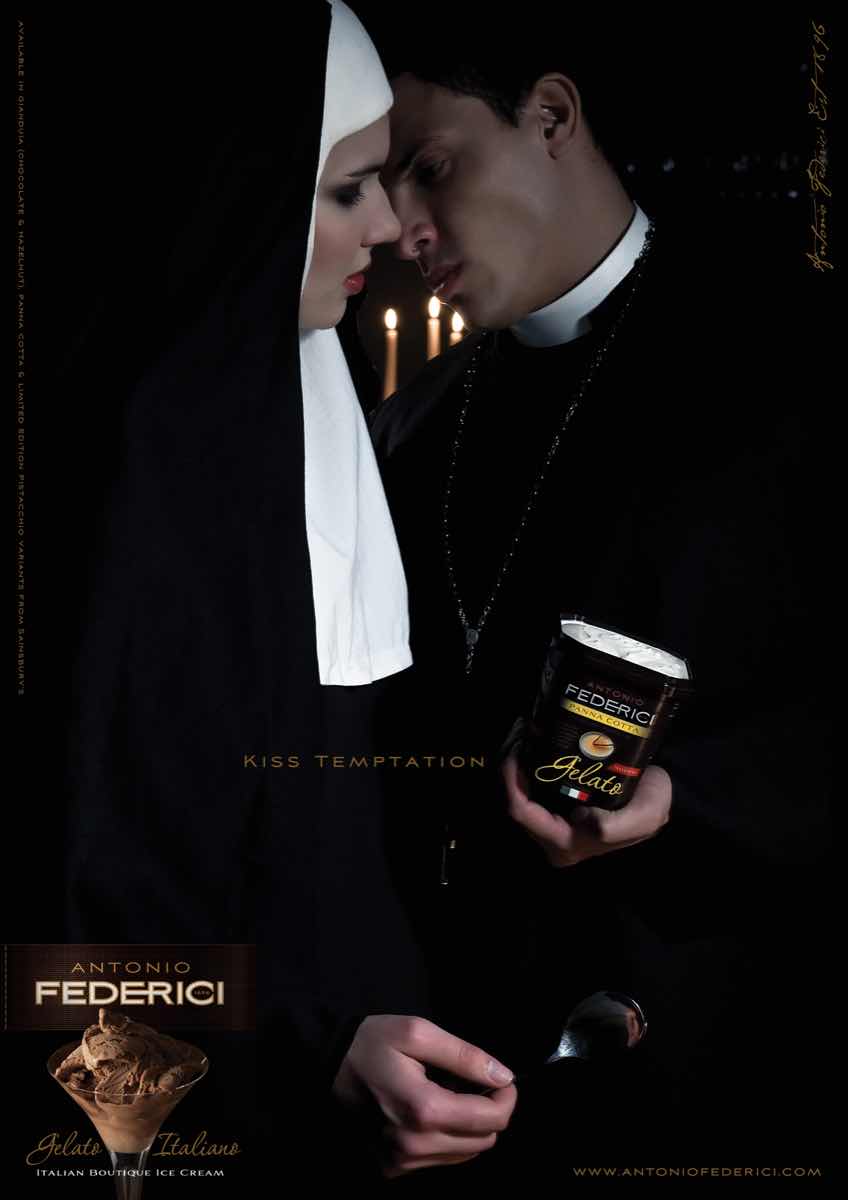In order to get people interested in purchasing your product, you need an advertisement that stands out from the crowd. In their desperation to make a sale or gain sway over a specific group, some marketers may go too far. So, advertisers might release deceptive or unethical ads, here we will give you unethical advertising examples.
Companies are always on the lookout for new opportunities to grow and improve profits. Thus, organizations need to be looking for creative possibilities to advertise their services or products. Effective marketing is essential to the continued success of any business.
However, advertising may be both helpful and detrimental since it is being done by firms in their own best interest. This might lead to the boundary being unclear between ethical and immoral advertising.
What Is Ethical Advertising?
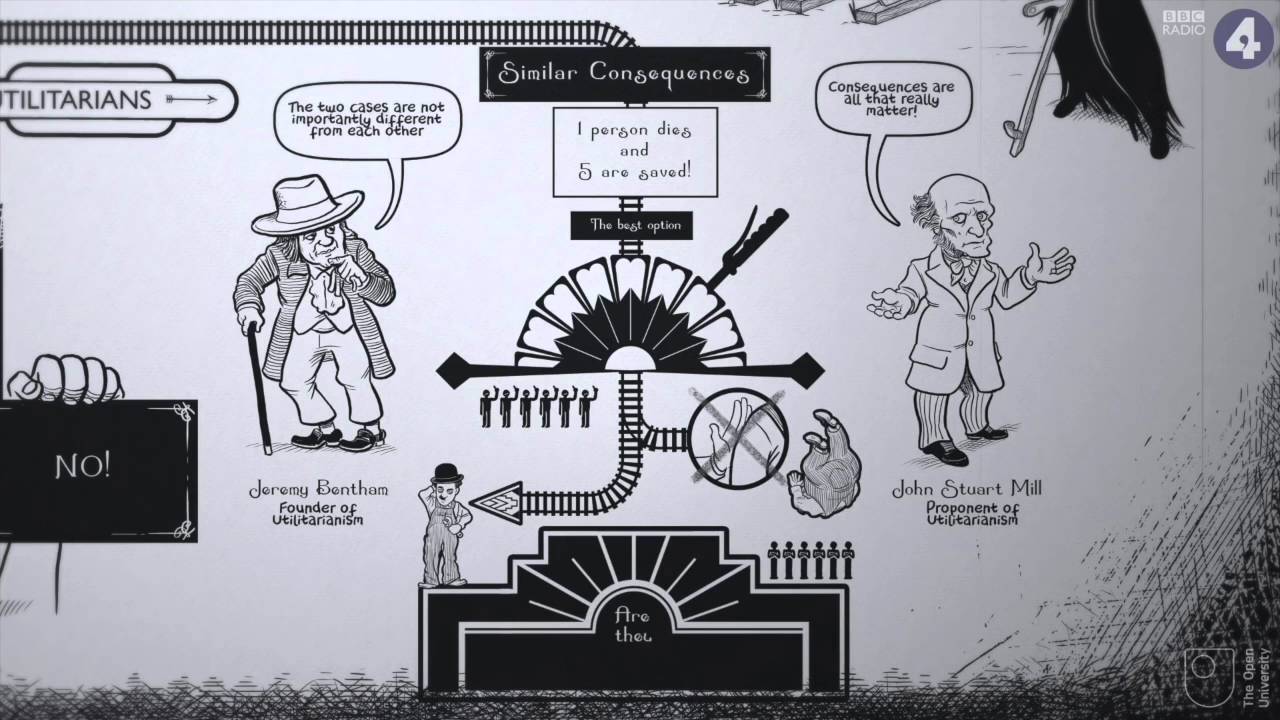
Ethics in Advertising
In the same way that many other fields are governed, advertising is as well. Some agencies routinely disregard laws and regulations that they are required to follow. Advertisements in the United States must be honest, not misleading, supported by evidence, and impartial, according to the Federal Trade Commission (FTC).
As for the product or service itself, ethical advertising means never lying about it or trying to cover up its defects.
There should be no ambiguity or hidden meaning in any commercials, regardless of whether they were created in-house or by an outside advertising firm.
- Privacy and data protection- With the introduction of stronger data protection legislation like GDPR, privacy and data security have become table stakes for modern marketers. Customers must have confidence that their information will not be misused or sold on.
- Transparency with paid advertising- All paid advertisements must clearly state who is receiving compensation for doing so. Paid product endorsers fall under the same category. Youtubers, for instance, are expected to "tag" their videos when they receive financial support from a brand in order to play by the rules.
- Be truthful- The only surefire method to avoid future situations where you can get caught lying about your product or businessis to remain honest and upfront at all times. Instead of trying to cover up unethical business activities, it is best to simply eliminate them.
- No exploitation of emotions- While it is true that the psychology of marketing relies heavily on eliciting an emotional response, it is unethical to intentionally provoke unpleasant feelings (such as anger, fear, or shame) in your target audience. This is why, in recent years, organizations have begun to emphasize the results that donors' support has had on their cause rather than the problem they're trying to solve than feeling shame or grief, people have a pleasant reaction when they learn where their donations are going.
- No exaggeration- Overstating a product's capabilities is strictly forbidden. Keep your distance from boasts that can't be backed up.
- No fake news- All advertisements must clearly differentiate themselves from news content.
- Sustainability & the environment - Environmental protection and long-term viability are two pillars of the new corporate ethos. Even if it isn't a primary concern, it should not be ignored.
Unethical Advertising
Unethical advertisingis when a product or service is lied about in some way or when subliminal messages are used to further a hidden goal. This kind of advertising uses tricks to trick or persuade people to buy the product or service.
A Reebok ad that encouraged cheating is a well-known example of an unethical ad. "Cheat on your girlfriend, not on your workout," said the headline of the ad. This ad was very unethical because it encouraged people to lie. As a result, customers turned against the shoe company and even stopped buying their shoes.
Claims that aren't true are another type of unethical advertising. For example, Kentucky Fried Chicken tried to change its name to "Kitchen Fresh Chicken" to make the word "fried" less important.
Not only did this trick customers, but it also lied about being a healthy food chain. If advertising tricks people into buying something, it is unethical.
Digital ads that aren't ethical are ones that mislead people or give them false information about a product or service. Some examples are:
- Plagiarizing or copying content means taking it directly from the websites or marketing materials of another company.
- Slandering the competitionand trying to bring it down are clear attempts to stop customers from buying rival products.
- Spreading false information or lies, like telling lies about a product's good points while hiding its bad ones.
- Exploiting emotionscan be done in many ways, such as by creating controversy or intentionally upsetting content, or by making people feel bad about themselves so they donate moneyor buy something. "Black hat" techniques, such as buying links, are also used to do this.
- Spammingmeans sending unwanted emails, letters, or trying to get in touch with a customer more than once.
12 Real Unethical Advertising Examples
To be a smart media consumer, it's important to know how marketers use sneaky ways to get their message across. Sadly, you can see examples of these all the time. Even in 2022, you might feel like you can't see some of these. Let's look at some real-world unethical advertising examples.
PETA - “Save The Whales”
When someone insults them, they will naturally feel angry and want to fight back. Take, for example, these insensitive PETA ads that were put up in Florida in 2009. People were upset, and the signs were taken down and replaced.
Key Takeaway – Don’t Be Insulting
It's not smart to guess who your audience is. In the end, your opinion or judgment has nothing to do with your advertising plan.
Mr. Clean - “Mother’s Day"
These annoying ads from 2011 strongly imply that a woman's real job is to clean the house. Not only were the ads printed, but they were also all over social media, which made many people, especially younger people, very angry.
Key Takeaway - Avoid Stereotypes
Pay close attention to the content you're making. If something seems like it could be misunderstood, it probably will be.
Dove - "Before & After"
Dove didn't even notice that this ad is implying that dark skin is dirty. Even though it wasn't what Dove was trying to say, this advertisement shows discrimination. Unfortunately, the cosmetics brand made the same mistake again in 2017 with a commercial that showed an African-American woman changing into a white one.
Key Takeaway – Be Mindful of Everyone
Even if you don't mean anything bad, if your ads are misunderstood, it's still your fault. Before putting your ad out there, think about it from all sides.
Burger King - "Super Seven Incher"
In 2009, this suggestive ad for the BK Super Seven Incher was a whole new level of "sex sells." The model had no idea that her picture would be used in this way. After the ad ran, she called for a boycott.
Key Takeaway - Keep it PG
Sexual innuendos can help a business sometimes, but they should never hurt someone else. You don't want your business to be on a list of ads that didn't work.
Hacienda - "Better Kool-Aid"
Hacienda went in a very dark direction with these awful ads, which make a reference to the mass suicide in Jonestown in 1978. Ad Week says that the billboard in Indiana was only up for two weeks before the Mexican restaurant had to take it down.
Key Takeaway - Mind Your References
Always, it's too soon. Sensitive topics and jokes that aren't PC probably won't help your brand and will probably cause problems.
Antonio Federici - "Submit To Temptation"
When the ice cream company Antonio Federici made these inappropriate ads that had both sexual and religious undertones, they missed the mark. The worst thing is that the brand keeps making mistakes. In 2010, they ran a commercial that showed a nun who was pregnant eating ice cream.
Key Takeaway - No Religious Undertones
There is a reason why religion is a taboo subject. It doesn't belong in your advertising.
Some of the most offensive ads ever made are:
- Vim Cream’s – “Mother in Prison”
- Hyundai – “Pipe Job”
- Axe – “Mom’s a Lady of the Night”
- Snickers – “Do Something Manly”
Some people think that bad commercials hurt a brand more than bad print ads. The difference is that the message seems more real in commercials.
Bacardi - “The Ugly Girlfriend”
Bacardi thought that this, well, the offensive ad would get the attention of women. The idea behind "the ugly girlfriend" is that it makes you look better in comparison. The backlash against Bacardi's beer goggles was so big that they had to pull the ad in the end.
Key Takeaway - Keep it Free of Judgement
Something that you find funny might make someone else feel bad.
Pretzel Crisps - “Too Thin”
When they ran this ad in New York City in 2010, Pretzel Crisps didn't think things through. Even though they were talking about pretzels, there is a deeper message that feels like it was meant for you, especially since they used the word "you." This is just terrible advertising.
Key Takeaway - Positive Vibes Only
Advertising isn't just about making more moneyand getting more people to come to your store. Because it's so common and people see it so often, it can send strong social messages.
Renault - “The ‘N’ Word"
In 2007, Renault thought "the N-word" could mean "November." Not at all. Even though the car company might not have meant to be rude, this phrase has a history that makes it hard to take it in more than one way. People were angry, and rightly so.
Key Takeaway - Know Your History
You can't change the meaning of a word, phrase, or idea that is already rude. Be aware of the culture around you.
Nike - “Colin Kaepernick”
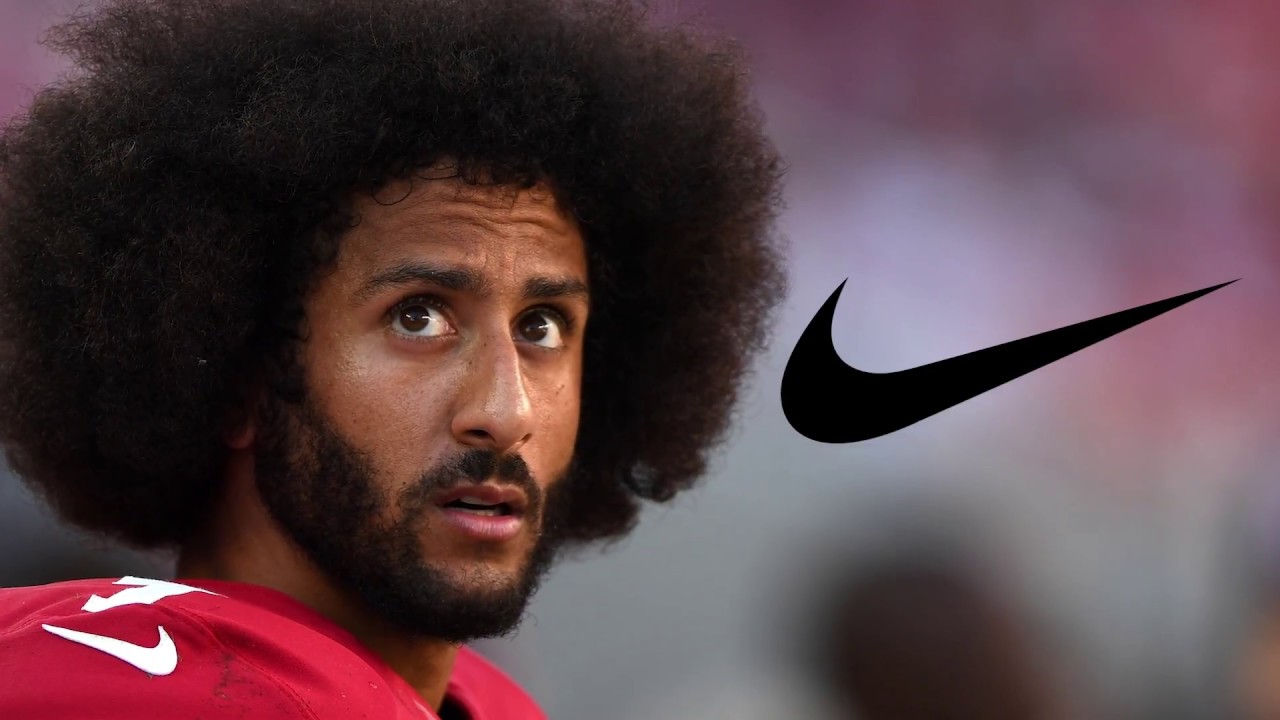
Colin Kaepernick timeline: From protests to a Nike campaign
It may seem odd that this ad is on a list of offensive ads, but it's not so much about being offensive as it is about the brand. Colin Kaepernick's "take a knee" protest caused a lot of trouble in the National Football League.
Even though the football player was right to protest police brutality, fans didn't like what he did. After the ad came out in 2018, Nike's stock dropped by 2.5%.
Key Takeaway - Try Not to Take Sides
Your brand can and should have a voice in the world, but you shouldn't take a stance on issues that are very divisive. Nike didn't have much to say in that discussion, and they were using a social issue to make money.
Reebok - “Cheat On Your Girlfriend”
When Reebok ran this disturbing ad in 2012, they got nothing out of it. Many customers complained that Reebok was sending a bad message, so the sports brand was forced to take the ads off the market.
Key Takeaway - Offer Good Advice
Tell your audience that they shouldn't lie, cheat, or steal.
Flora - "Uhh, Dad I'm Gay"
This ad ran in South Africa to promote a margarine brand called Flora. The message is that dads need to have a strong heart when their child comes out. The offensive advertising campaigns really hurt people in the LGBTQ community.
Key Takeaway - Be Inclusive
Your ad will be seen by people from many different groups. Don't turn anyone away.
People Also Ask
What Are Unethical Ads?
Digital ads that promise or guarantee something for the consumer but turn out to be false or misleading are unethical. It's misleading because it makes the customer think the product is real and true, but sometimes customers end up complaining because of false advertising.
How Do You Identify Unethical Advertising?
- It tells you the wrong things.
- It makes the product of a competitor or a substitute worse.
- It makes big claims that aren't true.
- It is bad for the country and the people.
- It gives false information and hides information that is very important to human life.
Is Diet Coke Unethical Marketing?
Artificial sweeteners in diet drinks, like aspartame, cyclamates, and saccharin, have been shown to cause cancer in lab animals. Diet Coke is an example of unethical marketing because Coca-Cola makes false claims about the drink in its ads.
Conclusion
Overall, advertising is a powerful tool that shouldn't be taken for granted. It's important to think about the words you use and what they might mean, whether you're printing a message on pens and water bottles for a small business or on billboards and yard signs for a bigger one.
These unethical advertising examples show that using shady ways to market your products is not only wrong, but it can also hurt your brand's reputation and cost you a lot of money. Customers today value honesty and openness very highly, so if you are honest and open with them, they will stick with you.
